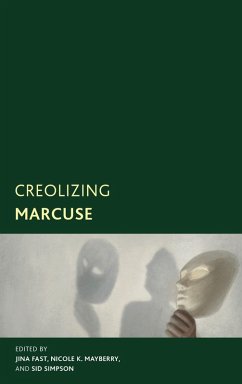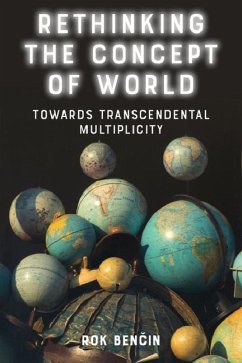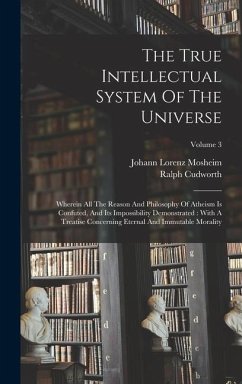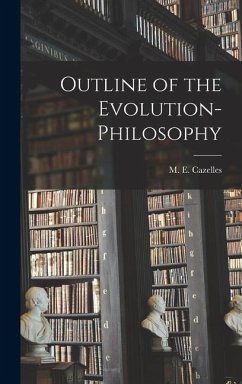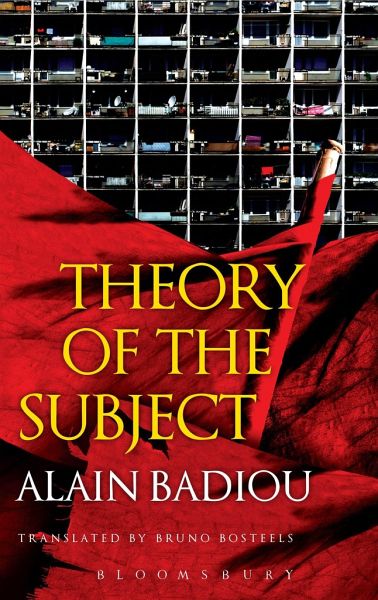
Theory of the Subject
Versandkostenfrei!
Versandfertig in über 4 Wochen
32,99 €
inkl. MwSt.

PAYBACK Punkte
16 °P sammeln!
Theory of the Subject, first published in France in 1982, is without doubt one of Alain Badiou's most important works, laying many of the foundations for his magnum opus, Being and Event. Here Badiou seeks to provide a theory of the subject for Marxism through a study of Lacanian psychoanalysis, offering a major contribution to Marxism, as well as to the larger debate regarding the relationship between psychoanalysis and philosophy. The book also provides a history and theory of structuralism and poststructuralism, a unique evaluation of the achievements of French Maoism during the 1970s and t...
Theory of the Subject, first published in France in 1982, is without doubt one of Alain Badiou's most important works, laying many of the foundations for his magnum opus, Being and Event. Here Badiou seeks to provide a theory of the subject for Marxism through a study of Lacanian psychoanalysis, offering a major contribution to Marxism, as well as to the larger debate regarding the relationship between psychoanalysis and philosophy. The book also provides a history and theory of structuralism and poststructuralism, a unique evaluation of the achievements of French Maoism during the 1970s and the significance of the events of May 1968, and breathtaking analyses of art and literature. As a theoretical synthesis, the book is extraordinary in terms of its originality, breadth and clarity.
This is arguably Badiou's most creative and passionate book, encompassing the entire battlefield of contemporary theory, philosophy and psychoanalysis. Available for the first time in English and now in paperback, this is a must-read for anyone interested in this lively and highly original thinker.
This is arguably Badiou's most creative and passionate book, encompassing the entire battlefield of contemporary theory, philosophy and psychoanalysis. Available for the first time in English and now in paperback, this is a must-read for anyone interested in this lively and highly original thinker.






